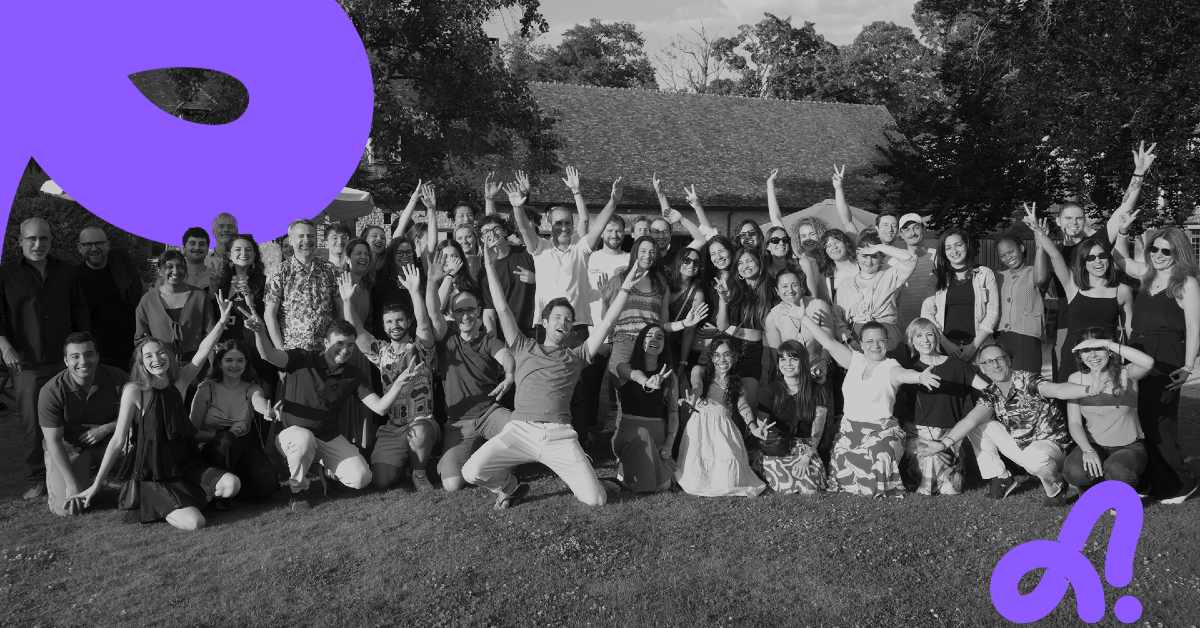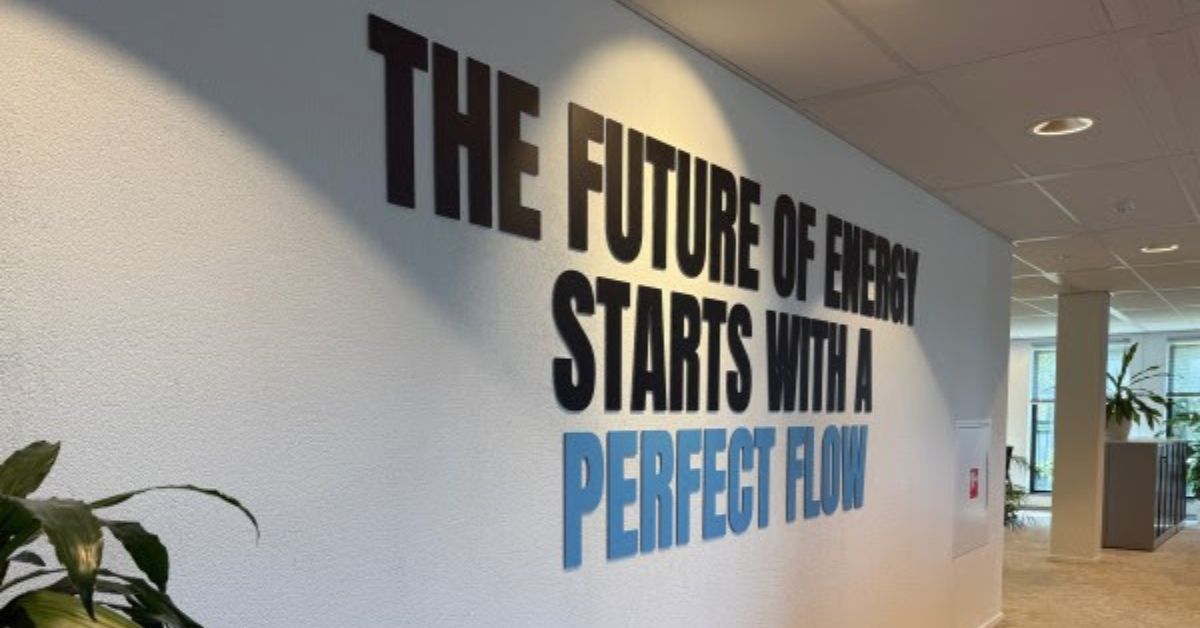Last week, CEO Vince Meens announced that his all-you-can-fly-platform JetWise filed for bankruptcy. The Amsterdam-based startup offered a subscription based model where clients could take unlimited seats on scheduled flights with private jets from the Dutch capital to hotspots like Cannes and Ibiza for 10.000 euro’s a year.
Shared economy
The idea was simple and straightforward: bringing the shared economy mindset to the skies. Research showed that 95 percent of private jets almost never left the airport hangar, when at the same time there was a market for people who desired to fly custom routes at specifics times that weren’t operated by regular airlines. Vince Meens saw an opportunity and took it.
Pivots
But since the promising launch, Jetwise made several pivots. The company started as a marketplace for private jet charters, pivoted to a business model that was focused on operating pop-up flights with private jets to special events and eventually changed to the subscription-based model with fixed routes where it all didn’t match up and forced everything into a halt. We all know that pivots are expensive and risky; they not only cost money, but also take time to develop, create awareness and trust – not having enough money & runway (time) to go through this it put the business under enormous pressure.
“The original marketplace model cost a lot of money to develop and was profitable, however since it’s only relevant for a very high-end audience, it’s very resource- and time expensive to get to the volume where you can run a good business based on it,” says Meens. “The pop-up model was cheap to develop but very risky at the execution to be profitable. It’s like running a traditional airline: If we didn’t sell enough seats to fill the aircraft we would have to pay the difference to charter it.”
Risk
Meens continues to say that the final subscription-based model was easy to develop, but lot’s of risk was involved cost wise with the execution. “This model works at a certain scale when you start to get all kinds of benefits from high utilisation and bulk discounts and start to behave like a normal airline. There was a lot of interest in the market in the beginning but the majority was a bit held back by if we would actually fly, optimists as we were we therefor launched on a smaller scale than we modeled, so the model didn’t start to work at full efficiency. On the other side we didn’t have the money or predictability of demand yet to bulk purchase our flights.”
Future
Meens believes that although the company didn’t make it, there is a future for this specific business model. “Our clients loved the convenient timing JETWISE provided. We departed at five in the afternoon on a friday, and since you could arrive fifteen minutes before your flight, no time was wasted at the airport. The relaxed, guaranteed seats, free parking and carefree travel lead to nice friendships and business.”
Distance
For now, Meens is taking some distance to reflect on his turbulent journey. “But I am still intrigued by aviation and still see massive opportunity in changing the existing models: besides the discounter-model, pretty much every aspect stayed the same throughout the years. But like every industry, the desire to do things differently is necessary to grow and innovate.”
Featured image, far right Vince Meens, far left co-founder Robert van Monsjou










01
These are the top UK-based PR agencies for startups and scale-ups in 2025